Lockdown Recovery
How Reconnecting With Nature Can Help.
Back in March, we said goodbye to our everyday routines and entered into a world of uncertainty. Since then, we've not only dealt with feelings of stress, anxiety and grief, but we also said goodbye to life as we knew it.
For many Melburnians, there have been times when it felt as though everything was shrouded in negativity and anxiety. The announcement of stage 4 restrictions was one of the most challenging times, and calls to Lifeline jumped by 30 percent as a result. Federal Health Minister Greg Hunt has since urged Victorian Premier Daniel Andrews to ease coronavirus restrictions to protect residents' mental health.
When entering lockdown, it took us time to find ways of coping, so we should also expect it to take some time for us to find our way back. With the recent easing of restrictions now offering us a first real look at a ‘COVID-normal’ life, how can we support our mental wellbeing? Connecting with nature is one of the key pillars of supporting your mental health.
Humans have an inherent need to be connected with nature, which means this lockdown has been incredibly unnatural for us; just one of the reasons why it's been so challenging. A growing body of evidence suggests that increased time in nature could be the key to successful reconnection post-lockdown. Let’s explore why.
What is biophilia, and why is it important?
Science has long established that access to green areas such as parks and lakes has positive impacts on physical health as well as providing physiological benefits. But as Science Advances reports, a growing body of empirical evidence is revealing the value of nature experience for mental health.
This concept, known as biophilia, was popularised by E.O. Wilson, a Harvard University biology professor. Biophilia holds that humans have an inherent desire to be near and in nature. Biophilic experiences can reduce stress, improve cognitive function, and enhance mood and creativity. A July 2018 Harvard Health Study found that a mere 30 minutes in nature could significantly reduce negative emotions such as stress, anxiety, sadness and anger.
According to Wilson, humans are genetically programmed to find even a simple scene of nature comforting. Biophilic experiences can be as simple as incorporating more plants into your workspace or looking out at a natural landscape. Of course, nothing is as powerful as the real thing - getting outdoors and being immersed in nature.
So, how often should we be going outdoors? And what should we be doing?
Exploring the human rewilding movement
Rewilding is a term that's most commonly associated with restoring the natural processes of nature and animals. It's a progressive approach to conservation, but the same ideas apply to the human rewilding movement. This focuses on restoring our natural rhythms and finding ways in which to connect us to the natural environment. Rewilding is the way back to our original, human nature.
While there are varying levels of commitment attributed to the human rewilding movement, at its core, it's about finding ways and taking the time to reconnect with nature—whether that's on your lunch break, for a weekend or even longer.
Not only does removing yourself from the modern lifestyle free up your mind from stress and anxiety, but it also offers the grounding and freedom of thought that allow us to explore what and how we really feel. When we add horses into this equation, we find ourselves even more open to letting go of our daily stresses and addressing our deep-seated thoughts and feelings.
Horses and human connection
After her first equine assisted learning (EAL) experience, Alex D'Agostin was surprised how easy it was to get lost in the moment.
"With the world the way it is at the moment, we're always thinking, worrying, wondering, so it was amazing at how quick I was able to switch off and be present..." she said.
"At the start, I felt a little out of my element...but within minutes that feeling was gone and I was completely comfortable."
EAL sessions work with horses as a guide for connecting with the self through nature. During the sessions, there's little to no riding. Instead, individuals interact quietly with the horses out in nature, working with them to better understand themselves and their relationships with others.
Research has shown that humans and horses have developed a unique way to communicate. Extremely attuned to human emotions, horses have the ability to mirror feelings and provide feedback, which helps individuals gain insight into their personal understanding and emotional expression.
According to Meg Kirby, founder of The Equine Psychotherapy Institute, horses are a great way to connect with both nature and ourselves. In 2011, Kirby developed The EPI Model - the first Australian-based model of EAL and equine assisted psychotherapy (EAP). This innovative psychotherapy model is ethically driven. The sessions are conducted in a manner that includes both client and horse safety, psychological safety and enrichment.
"Horses can see the real you. Being seen is incredibly healing," says Kirby.
The EPI Model differs from room-based therapy in that the horse or herd and nature (or the natural environment) support change in many different ways. People tune into how their body responds while they're interacting with the horses, so they can begin to self regulate their behaviour.
Are you ready to reconnect?
Do you want to move forward post-lockdown with confidence and positivity? The answer could be right outside. Reconnect with nature and yourself with the help of horses at Equine Ananda.
We conduct EAL sessions outdoors at the beautiful Highfield Equestrian Centre in Attwood, Victoria. For more information about our sessions, you can contact us directly.
If you or anyone you know needs support call Kids Helpline on 1800 55 1800, Lifeline on 131 114, or Beyond Blue's coronavirus mental wellbeing support service on 1800 512 348.


